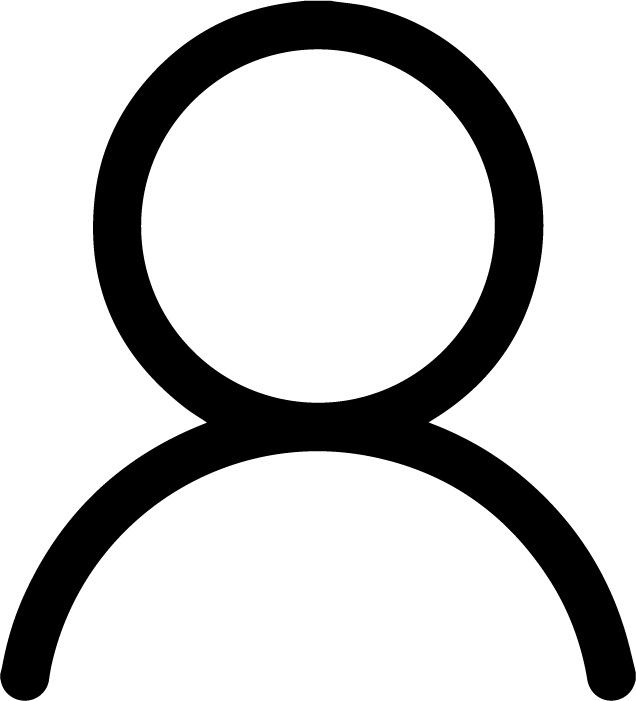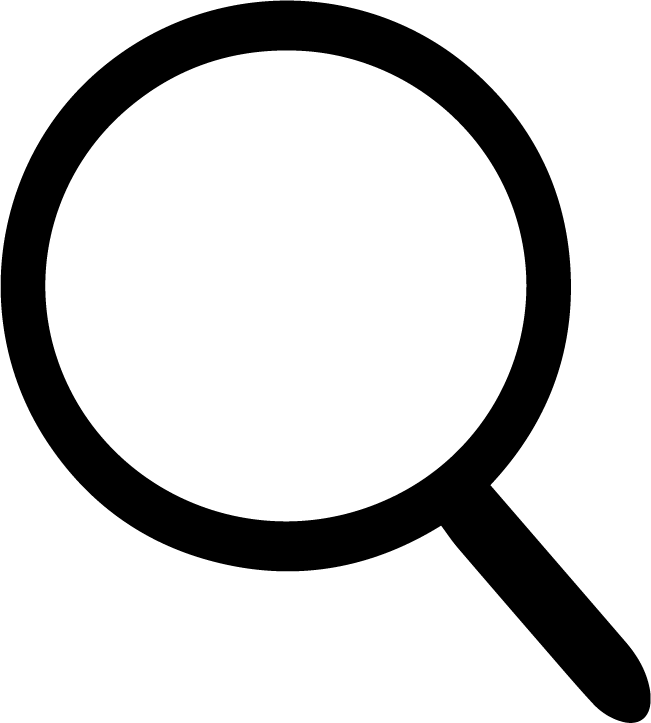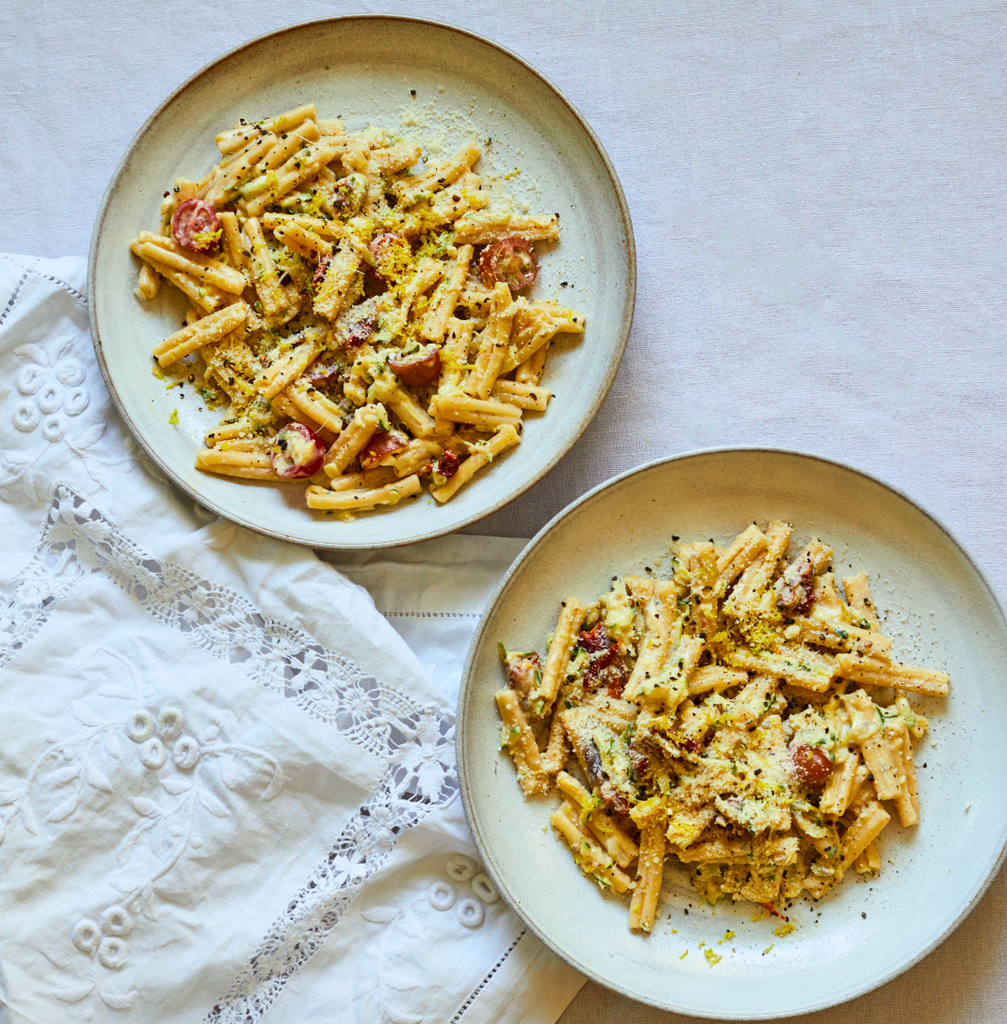Having an unhealthy relationship with food has nothing to do with the quality, type, or calorie count of the food that you’re eating, so let’s start there!
Whilst all the creators of those “drop a dress size in 3 weeks” programmes would be offended by hearing this (and rightly so), the truth is that just because you’re eating a salad, that doesn’t mean you have a healthy relationship with food.
A healthy relationship with food looks like eating that isn’t disordered in any way, being mindful of any behaviours you have surrounding food, and eating in a way that nourishes you and doesn’t encourage any unhealthy habits or responses in the mind.
Essentially, if you have a healthy relationship with food you’re unlikely to actually think about food too much - you definitely won’t be hyper fixated by it. Instead, you will give yourself and your body unconditional love, acceptance and support to nourish yourself and it won’t negatively affect you in any way.
However, when you have an unhealthy relationship with food, you might find that it triggers you, spend an unhealthy amount of time thinking about food, calorie count, restrict, binge, or have any kind of disordered eating, and it may affect your body image, mental health, or physical health.





















